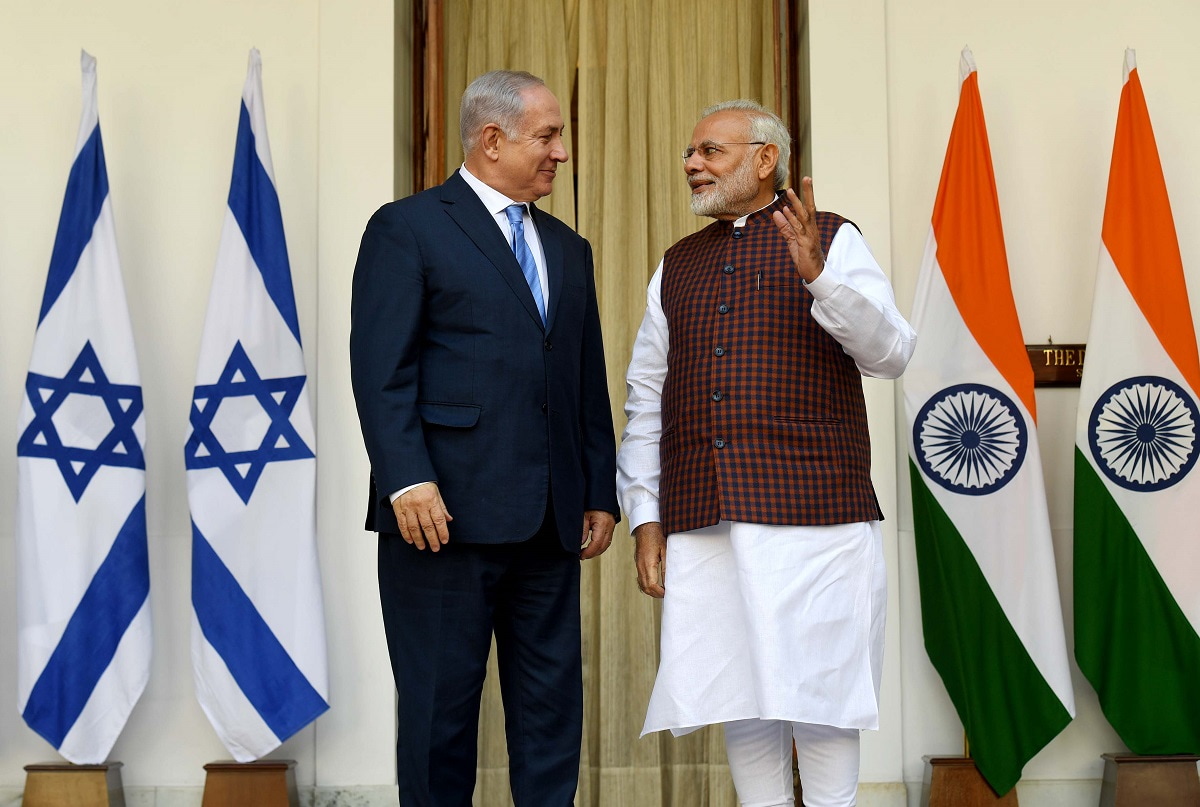[ad_1]
India has recognized the disparate grouping of countries coined the “Global South” as a helpful car for advancing its international coverage targets. New Delhi’s hosting of the Voice of the Global South Summit in January helped give a way of tangible kind to the fledgling idea.
This made New Delhi’s resolution to abstain on the United Nations General Assembly (UNGA) decision final month calling for an “immediate, durable and sustained humanitarian truce” in Gaza all of the extra conspicuous.
For if there may be one challenge that offers a way of unity to an in any other case disunited and nebulous grouping, it’s public help of Palestinians.
India grew to become one of many first non-majority Muslim international locations to recognise Palestine as a state in 1988.
Global South heavyweights Brazil, Indonesia, South Africa and the overwhelming majority of Arab, African and Latin American international locations voted in favour of the UNGA decision. So too did China, which, although not so outlined by India, considers itself a pure member of the Global South.
India’s abstention and the very supportive feedback made by Prime Minister Narendra Modi following his name with Israeli Prime Minister Benjamin Netanyahu within the aftermath of seven October Hamas’ assaults goes towards the grain of an extended historical past of help for the Palestinian trigger.
India became one of many first non-majority Muslim international locations to recognise Palestine as a state in 1988. After voting towards the unique 1947 UN Resolution to determine Israel, India took till 1992 to completely normalise ties with Tel Aviv. As lately as 2017, India voted against former US President Donald Trump’s recognition of Jerusalem as Israel’s capital.
Ironically, India’s strong identification with the unique Non-Aligned Movement (NAM) – the clearest antecedent of at present’s Global South – drove its virtually reflexive help of Palestinians. Then as now, most NAM nations noticed voting in help of the Palestinian trigger on the United Nations as a totemic precept of the motion.

Yet in some ways, India’s break with historical past is a very long time coming, merely giving public expression to a spread of home, financial and strategic issues.
Prime Minister Narendra Modi’s Hindu nationalist Bharatiya Janata Party (BJP) has proved a way more convivial associate for Israel than the beforehand dominant Indian National Congress Party.
Although Modi values India’s strategic promiscuity, his authorities is way much less hidebound by conventional Congress international coverage precepts, akin to wariness of safety ties with the United States and allies.
The extent to which shared ideology is driving the India–Israel relationship might be overstated. Nonetheless, the current governments of Israel and India clearly espouse majoritarian and religiously infused, albeit fairly distinct, variants of nationalism.
The extra enduring legacy of India’s vote could also be to show the inherent limitations of the Global South idea.
This commonality dovetails with a way of affinity ensuing from each international locations dealing with threats from Islamist-inspired terrorism. India’s External Affairs Minister, the indefatigable Subrahmanyam Jaishankar, pointedly justified his nation’s abstention on the bottom that Indians are “big victims of terrorism”. India was loath to set a precedent that would see its response to a future terrorist assault internationally censured.
These components have made it a lot simpler for BJP governments to have a extra public-facing relationship with Israel. It was beneath a BJP authorities that then Israeli Prime Minister Ariel Sharon grew to become the first Israeli leader to go to India in 2003. Modi returned the favour in 2017 and hosted Prime Minister Benjamin Netanyahu in 2018.
Closer navy and financial ties have adopted and additional buttressed the connection.
Arms gross sales have grown ever since former Prime Minister and BJP co-founder Atal Vajpayee accepted Israeli weapons in the course of the 1999 Kargil War. Defence exports at the moment are value around US$2 billion yearly, making India Israel’s largest defence market. Intelligence is one other close space of cooperation.
India and Israel are each members of I2U2, the so-called “Middle Eastern Quad”, which additionally includes the United Arab Emirates and the United States. The now almost certainly delayed ambition to connect India to Europe through the Gulf and Israel, additionally factors to an bold geoeconomic agenda.
Implicit right here is how Arab–Israeli normalisation by means of the Abraham Accords has given India – reluctant to upset the apple cart with its crucial Gulf companions – larger confidence to interact Israel.
With the humanitarian disaster in Gaza turning into tougher to disregard, India has acted to paper over variations with the Global South. New Delhi lately introduced humanitarian aid for Gaza and reiterated its support for a two-state resolution.
Even if China has undoubtedly accrued some political capital by means of its extra overtly pro-Palestinian stance, shrewd diplomacy will in all probability be ample to include the injury to India’s Global South bona fides. From UN reform to local weather change compensation, there are nonetheless an array of points the place India can plausibly declare a number one voice.
In the Arab World, India shall be aided by the truth that few if any governments have a lot sympathy for Hamas, or have paid particular attention to the Palestinian file in recent times.
The extra enduring legacy of India’s vote could also be to show the inherent limitations of the Global South idea, regardless of its evident utility in capturing the eye of Western capitals.
As India has performed in its relationship with Israel, states are inclined to prioritise tangible pursuits over summary political constructs. In having its personal distinct and idiosyncratic nationwide pursuits, India isn’t any completely different from the 125 international locations that attended its seminal summit again in January.
[adinserter block=”4″]
[ad_2]
Source link